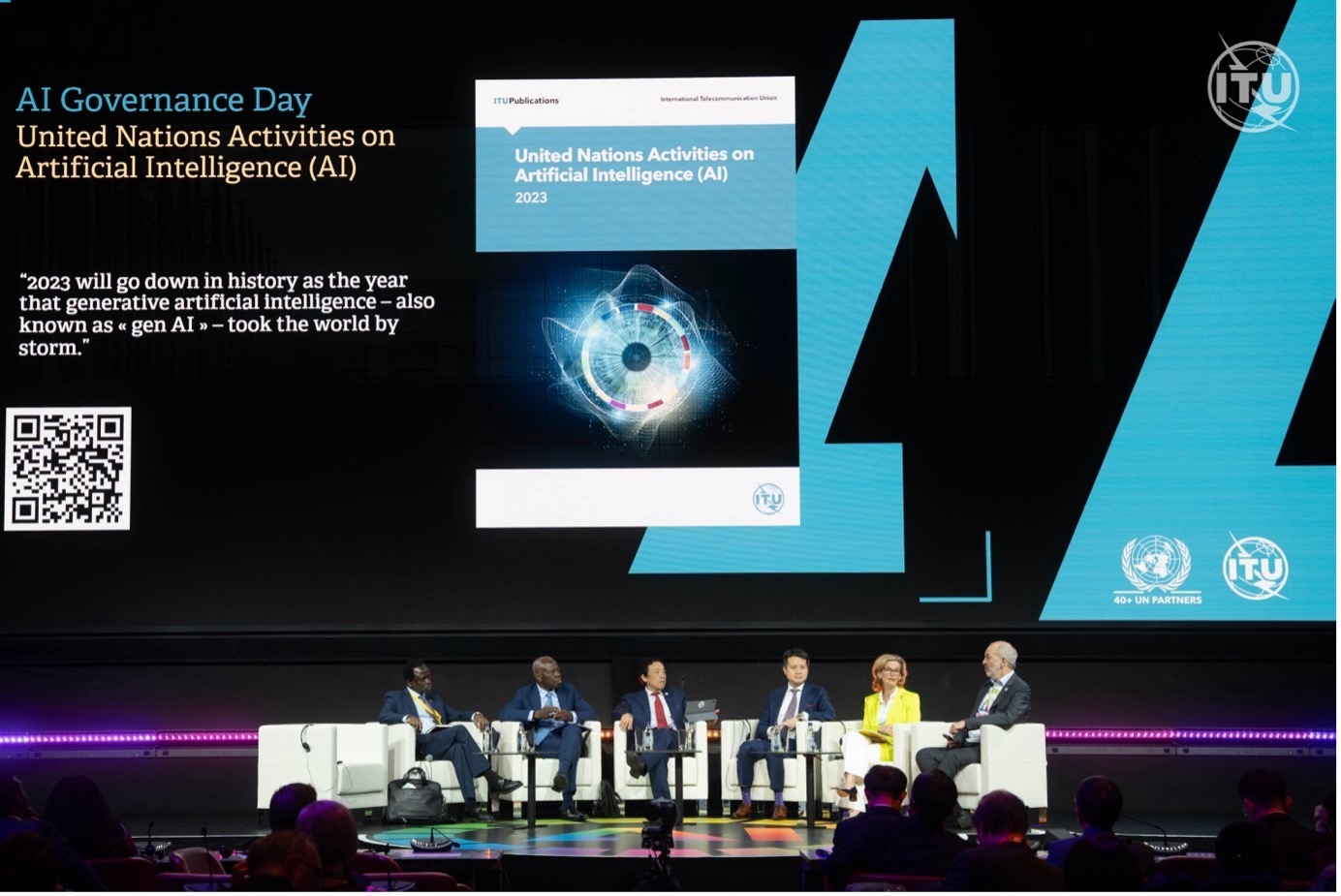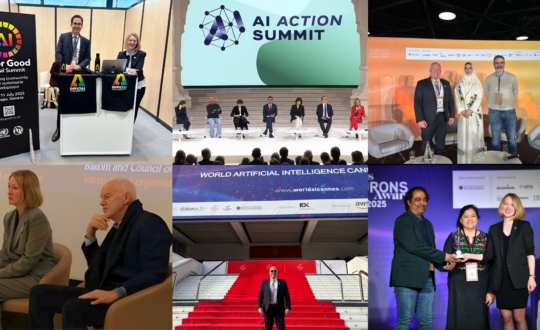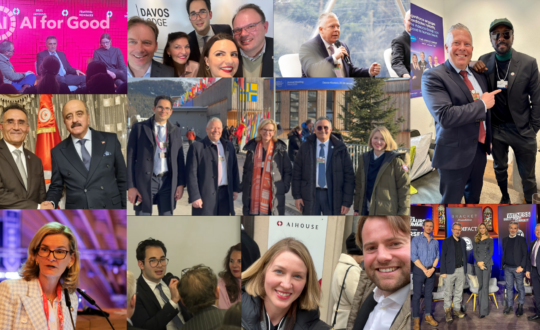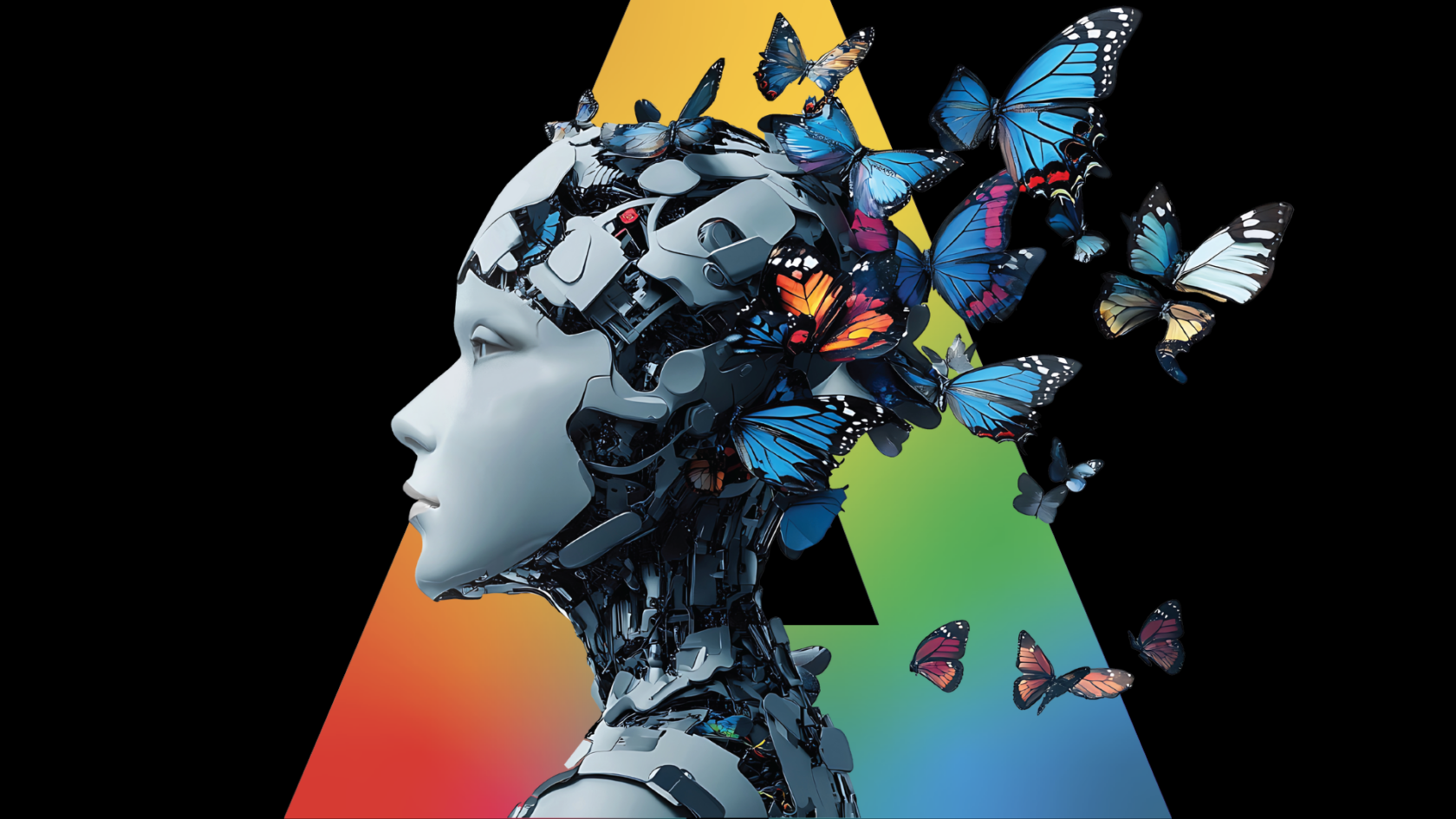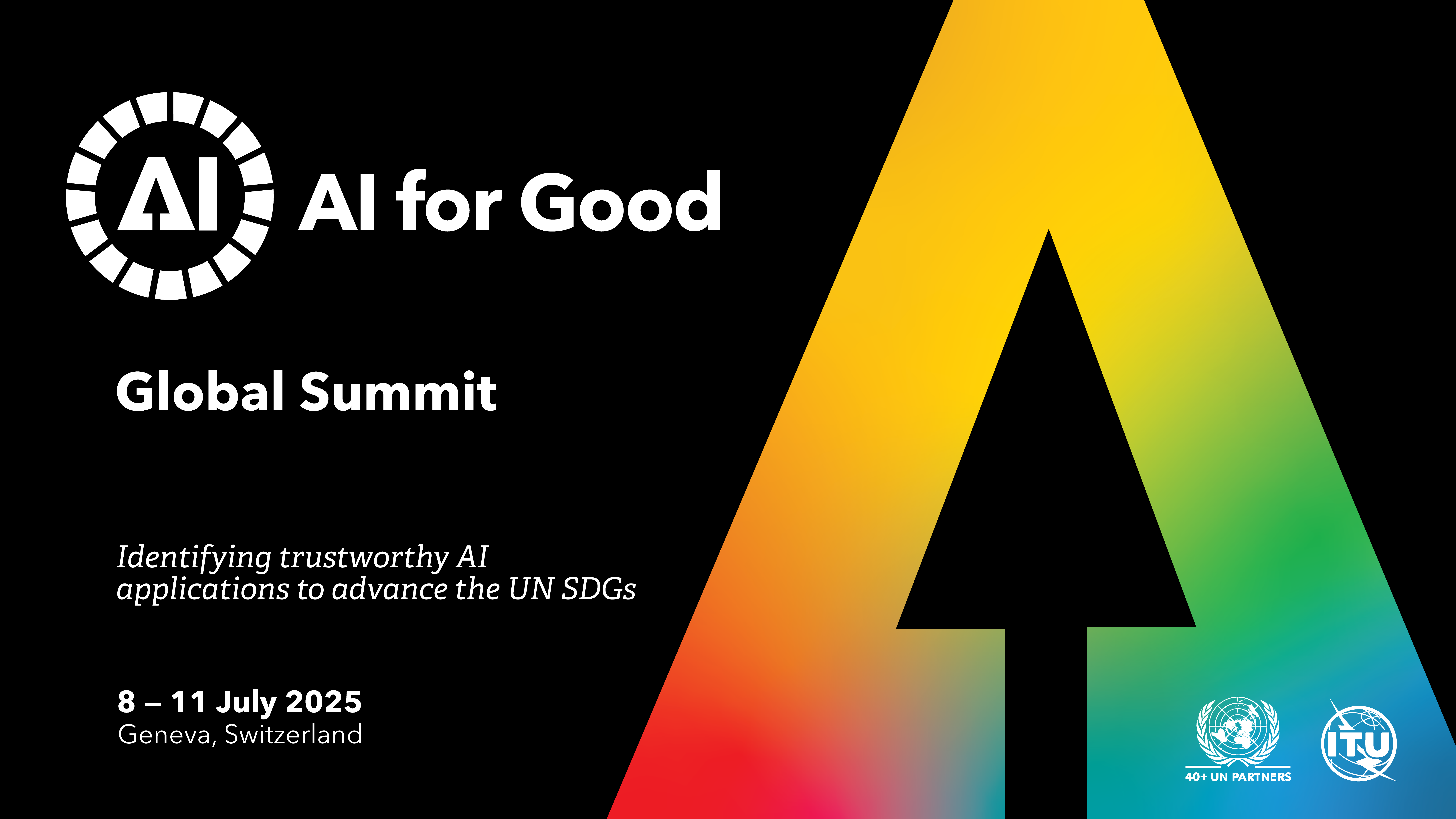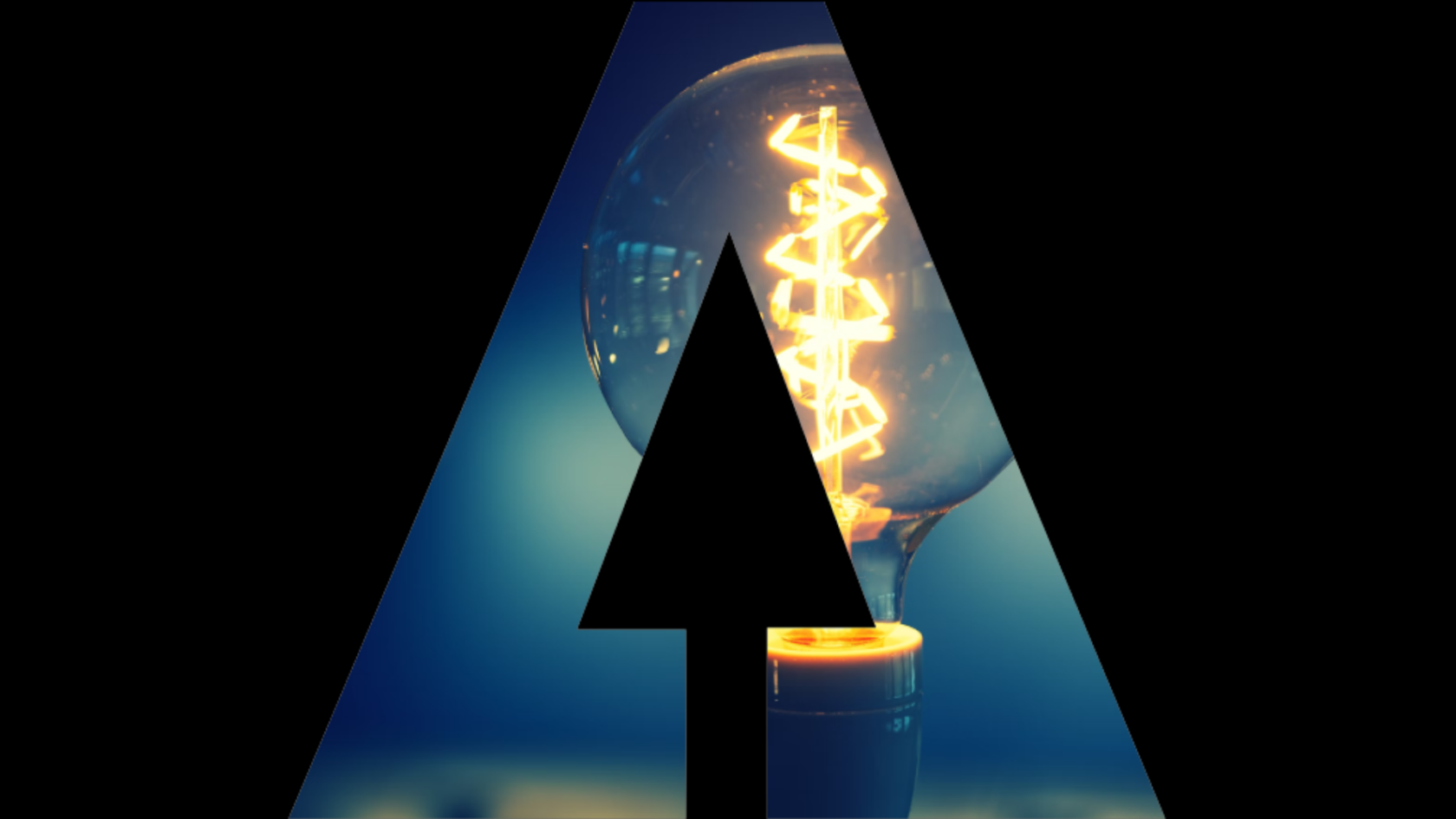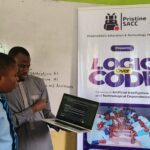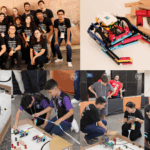Discover the full AI Governance Day 2024 Report – From Principles to Implementation here.
Panelists:
- Doreen Bogdan-Martin, Secretary-General, International Telecommunication Union (ITU)
- Tshilidzi Marwala, Rector, United Nations University (UNU); Under-Secretary-General of the United Nations
- Daren Tang, Director General, World Intellectual Property Organization (WIPO)
- Gilbert Houngbo, Director-General, International Labour Organization (ILO)
- Dongyu Qu, Director-General, Food and Agriculture Organization (FAO)
Moderator:
- Reinhard Scholl, Programme Chair, AI for Good
The panel focused on two goals: how AI can help achieve the United Nations Sustainable Development Goals (SDGs), and how the UN system can support AI governance efforts and international collaboration.
Achieving the the United Nations sustainable development goals with AI
The discussion began with a question posed by Programme Chair Mr. Reinhard Scholl to Secretary-General Doreen Bogdan-Martin regarding the role of the UN system in ensuring that AI supports the Sustainable Development Goals. Secretary-General Bogdan-Martin emphasized the importance of collaboration and leveraging existing platforms.
“The proof is actually right here on this amazing panel […] what countries need, what countries want to see, is actually the UN working as one on the ground.” (Doreen Bogdan-Martin)
Secretary-General Bogdan-Martin highlighted the fundamental pillars of the 2030 Agenda: people, planet, prosperity, peace, and partnership, noting that AI is central to all these pillars. She pointed out the AI for Good platform, which brings together over 40 UN agencies and 27,000 experts from 180 countries, the just now launched UN AI Activities Report with some 400 initiatives and projects within the UN system, ITU’s technical work with WHO and WIPO on health, with FAO on agriculture, as well as the UN’s interagency mechanism on AI which ITU leads with UNESCO.

Doreen Bogdan-Martin, Secretary-General, International Telecommunication Union (ITU) speaking alongside Daren Tang (left), Director General, World Intellectual Property Organization (WIPO) and Reinhard Scholl, Program Chair, AI for Good
Addressing the skills gap
Mr. Tshilidzi Marwala, Rector of the United Nations University and UN Under-Secretary-General, was asked about the UN’s role in closing the skills gap and ensuring equitable benefits from an AI-dominated economy. Under-Secretary-General Marwala outlined four critical areas: access to data, access to expertise, access to computing resources, and access to good applications. He noted the high cost of cloud computing and the lack of high-performance computing resources in the global South.
“We need to create a platform where people from the global South and people from the global North can come together and co-create.” (Tshilidzi Marwala)
He also stressed the importance of changing human behavior, creating incentives, and establishing proper policy frameworks to ensure effective utilization of AI.

Tshilidzi Marwala, Rector, United Nations University; Under-Secretary-General of the United Nations
Balancing intellectual property and innovation
Mr. Daren Tang, Director General of the World Intellectual Property Organization (WIPO), addressed the balance between intellectual property rights and promoting innovation and equitable access in AI governance. Director General Tang highlighted that intellectual property (IP) should be viewed as a means to an end, rather than an end in itself.
“We have to look at IP as a means to an end […] creating jobs, supporting entrepreneurs, supporting people who have got the hunger to pick up skills and need those skills to bring their ideas to the market. […] Ultimately, it is a catalyst for growth and development.” (Daren Tang)
Mr. Tang emphasized the need for an ecosystem approach to ensure that technology can be meaningfully absorbed, particularly in the global South. Tang also underscored the human-centered nature of the IP system, which places the human creator at its core.
“We need to make sure that AI and technology enhance and supplement our humanity.” (Daren Tang)

Daren Tang, Director General, World Intellectual Property Organization (WIPO)
Impact of AI on jobs
Mr. Gilbert Houngbo, Director-General of the International Labour Organization (ILO), addressed concerns about the impact of AI on jobs. Director-General Houngbo acknowledged that jobs are already being lost due to technological advancements, but he also noted that millions of new jobs are being created.
“The key thing is scaling, reskilling, reconversion, and upskilling.” (Gilbert Houngbo)
Mr. Houngbo pointed out the importance of lifelong learning and the need for comprehensive data on the impact of AI on informal economies, particularly in low-income countries.
“The UN system will be best placed to ensure that nobody is left behind” (Gilbert Houngbo)

Gilbert Houngbo, Director-General, International Labour Organization (ILO)
Improving food security with AI
Mr. Dongyu Qu, Director-General of the FAO, spoke about the potential of AI to improve food security. He highlighted the need for increased food production to meet the demands of a growing global population and urbanization.
“We need the produce more with less. More quantity, high quality, more food diversity […] with less input, less negative impact on [the] environment, less social injustice, that’s the agricultural food system and rural development [common vision] we share.” (Dongyu Qu)
He emphasized the role of AI in improving efficiency, productivity, and value chain management in agriculture. Director-General Qu also underscored the importance of cooperation between biologists and IT experts to leverage AI effectively, stressing the need for a holistic approach to solving food security issues.

Dongyu Qu, Director-General, Food and Agriculture Organization (FAO)
Recommendations for AI governance
In the latter part of the discussion, Programme Chair Scholl asked each panelist for their recommendations on AI governance and international collaboration.
Director General Daren Tang stressed the importance of inclusivity and involving the global South in AI discussions, noting the positive attitudes towards AI in many developing countries.
“We need to be the platform where we are a big tent and we’re inclusive.” (Daren Tang)
Under-Secretary-General Tshilidzi Marwala echoed the need for a platform for co-creation between the global North and South.
“We need to create a platform where people from the global South and people from the global North can come together and co-create” (Tshilidzi Marwala)
Director-General Dongyu Qu emphasized the importance of a positive, cooperative approach and solving problems holistically.
“Be positive, be cooperative, and solve the problem holistically.” (Dongyu Qu)
Director-General Gilbert Houngbo called for UN leadership in coordinating efforts within the UN system and with other multilateral and non-multilateral stakeholders. He also stressed the need to ensure that AI does not exacerbate inequalities.
“The UN system will be best placed to ensure that nobody is left behind” (Gilbert Houngbo)
Secretary-General Doreen Bogdan-Martin concluded with a call for better coordination and inclusivity in AI efforts.
“Let’s build on our respective and collective assets. […] Let’s make sure we’re inclusive and that we don’t further exacerbate the divides.” (Doreen Bogdan-Martin)
The panel’s insights underscored the critical role of the UN system in advancing global AI governance efforts and achieving sustainable development goals. Through collaboration, inclusivity, and a focus on equitable access, the UN can help ensure that AI benefits all of humanity.

Reinhard Scholl, Programme Chair, AI for Good



